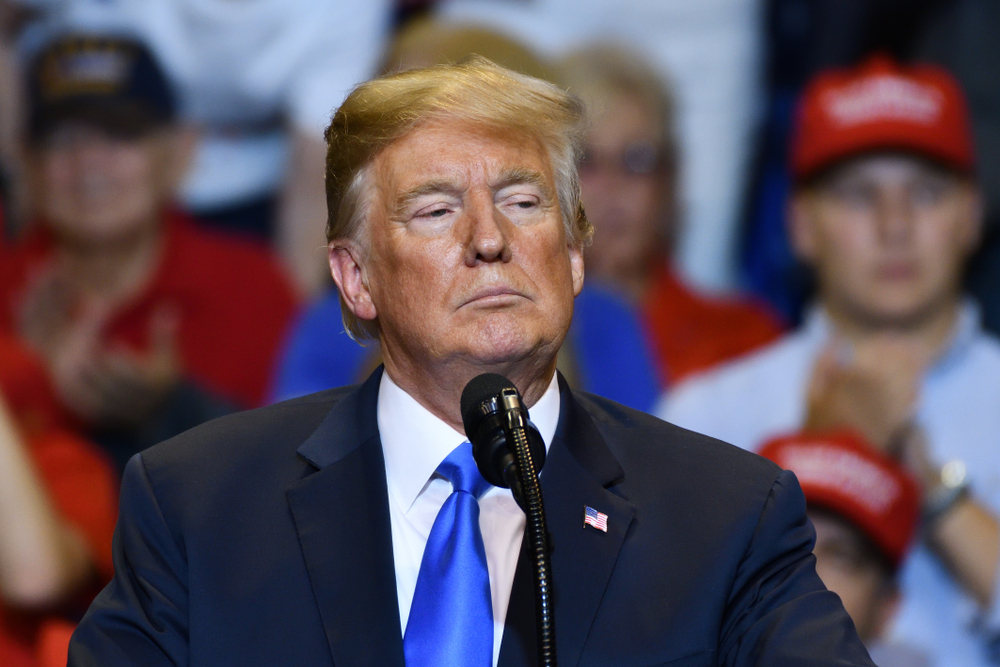
SHEINBAUM DEFIES TRUMP – No U.S. Troops!
Claudia Sheinbaum’s firm refusal to allow U.S. troops onto Mexican soil underscores her unwavering commitment to protecting national sovereignty, presenting a diplomatic balancing act with the U.S.
At a Glance
- Mexican President Sheinbaum rejected U.S. military intervention against cartels.
- Sheinbaum remains open to collaboration, emphasizing information sharing with the U.S.
- She urged the U.S. to focus on preventing weapon smuggling into Mexico.
- Tension arises as Trump labels Mexican cartels a U.S. national security threat.
Rejection of U.S. Troops
Mexican President Claudia Sheinbaum declined an offer from former U.S. President Donald Trump to involve American troops in combating drug cartels in Mexico. Sheinbaum highlighted the importance of Mexico’s sovereignty by opposing any foreign military presence on Mexican soil. The proposal from Trump, which aimed to curb drug trafficking and violence, received a curt refusal from Sheinbaum, who cited the nation’s right to maintain its territorial integrity. Her stance was supported by the ongoing complexity surrounding cross-border cartel activity.
Sheinbaum made clear that while collaboration with the United States is welcome, it must respect national boundaries and focus on transparent information sharing. She specifically urged the U.S. to address the flow of arms into Mexico, a factor exacerbating the violence fueled by drug cartels. Her administration remains committed to joint efforts in security and immigration. However, these efforts must unfold without the direct involvement of U.S. military forces operating within Mexican borders.
Ongoing Tensions and Diplomacy
President Trump questioned Mexico on how U.S. forces could assist in the drug war, but these overtures have been historically met with resistance due to sovereignty issues. Sheinbaum’s response resonates with many in Mexico who value international cooperation while safeguarding national autonomy. The Mexican leader continues to manage a delicate relationship with Trump, intertwining deterrence of threats with diplomatic dialogue.
“I told him, ‘No, President Trump, our territory is inviolable, our sovereignty is inviolable, our sovereignty is not for sale,’” – Claudia Sheinbaum.
This stance highlights the broader challenge of balancing U.S.-Mexico border security cooperation, which experts note has weakened. Reports by outlets like The Wall Street Journal and analyses from think tanks like The Heritage Foundation add nuance by suggesting that military action against cartels, if ever considered, be a last resort. They stress joint efforts with an emphasis on aligning with Mexican jurisdiction to better tackle the growing cartel influence.
Addressing Cartel Influence
Over 450,000 deaths have marred Mexico since its governmental campaign against drug cartels began more than a decade ago. The overwhelming violence tied to these criminal organizations remains a specter, with critics like Trump portraying Mexico as undermined by powerful cartels. Yet Claudia Sheinbaum’s strategy appears focused on safeguarding the country’s autonomy while inviting genuine partnerships with international allies to curb the violence.
“No, President Trump, our territory is inalienable, sovereignty is inalienable. We can collaborate. We can work together, but with you in your territory and us in ours. We can share information, but we will never accept the presence of the United States Army on our territory.” – Claudia Sheinbaum.
Efforts continue to look for solutions that respect Mexican independence while addressing the dire illicit trade and violence. It is this challenging environment that requires ingenuity and respect for sovereignty to untangle the entrenched cartel crisis without eroding national pride or international partnership.




